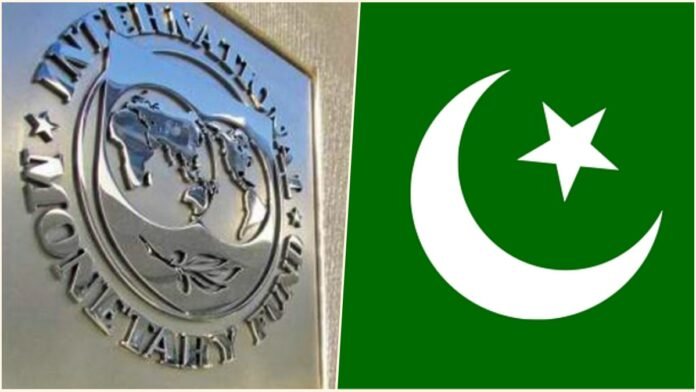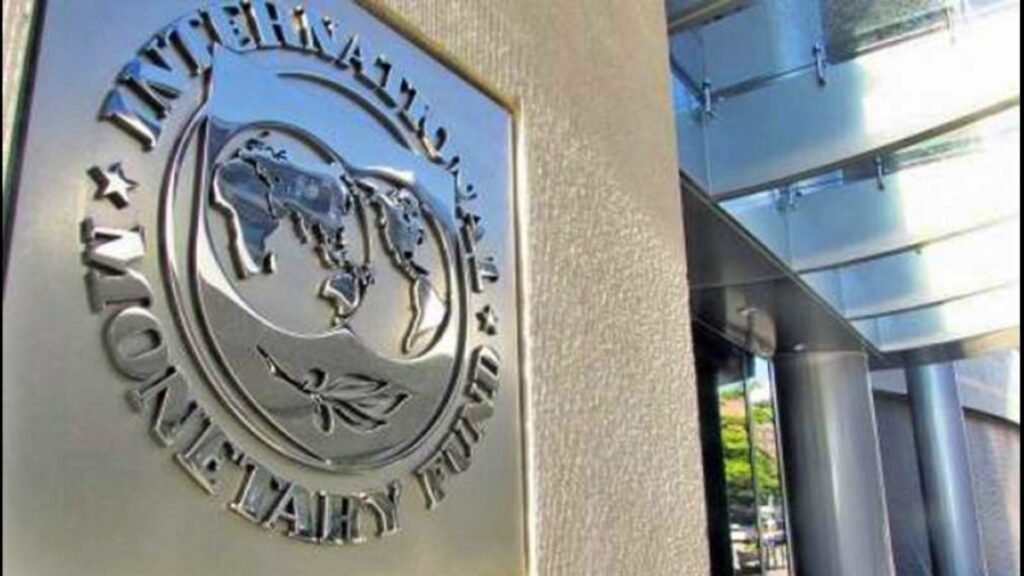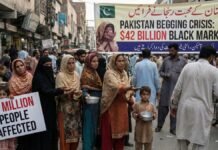
Islamabad: In a bid to navigate through its ongoing financial crunch, Pakistan has formally approached the International Monetary Fund (IMF) for a substantial relief package estimated between $6 to $8 billion. The request, aimed at bolstering the country’s economy through climate financing, comes as Pakistan continues to grapple with economic and security challenges.
The IMF has been approached to dispatch a review mission in the upcoming month to deliberate on the next tranche of aid under the Extended Fund Facility (EFF). The specifics of the new package, including its size and timeline, are expected to be ironed out following a mutual agreement on the program’s framework, anticipated to be finalized in May 2024.
A high-level Pakistani delegation, spearheaded by Finance Minister Muhammad Aurangzeb, is currently in Washington, D.C., participating in the annual spring meetings of the IMF and World Bank. During these meetings, Aurangzeb projected an optimistic future for Pakistan’s economy, suggesting that with comprehensive reforms, the nation’s economy could soar to a staggering $3 trillion by the year 2047.
The IMF has signaled readiness to back Pakistan’s ambitious economic reform agenda, which is crucial for the country’s stabilization and growth. Jihad Azor, the IMF’s director for the Middle East and Central Asia, acknowledged the progress made under the current program initiated ten months ago, which has contributed significantly to Pakistan’s economic stability.
With the previous review phase nearing completion, the IMF anticipates presenting its findings to the Board of Directors, potentially concluding the existing program that has been instrumental in addressing Pakistan’s economic disparities and reinforcing stability.

Finance Minister Aurangzeb’s presence in the U.S. capital underscores Pakistan’s commitment to engaging with international financial institutions to seek support and guidance in overcoming its economic hurdles⁷⁸⁹. The country’s proactive engagement with the IMF and World Bank reflects its dedication to implementing necessary reforms and achieving long-term economic resilience.





















































